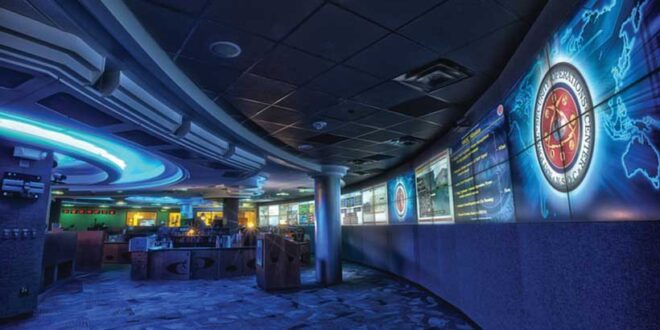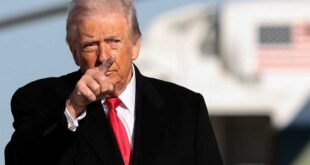The U.S. cannot adequately address its national security challenges related to China, which are increasingly driven by technology, without the help of a potentially surprising partner: the Department of Commerce, reveals Jonathan Panikoff, a former career U.S. intelligence officer, now a senior fellow in the geoeconomics program and director of the Scowcroft Middle East Security Initiative at the Atlantic Council. Unfortunately, the department, he writes, lacks the critical support needed for these efforts. Most crucial: Commerce needs its own intelligence agency.
Figuring out what, exactly, China is up to is one of the intelligence community’s top priorities. Countering Beijing also happens to be a rare instance where there’s bipartisan support in Congress.
“My last job in the U.S. government, notes Jonathan Panikoff, was overseeing the intelligence community’s role in the Committee on Foreign Investment in the United States (CFIUS), and I can say this: The most challenging ones usually revolved around issues of advanced or dual-use technology, an area in which the Department of Commerce plays a critical role given its international trade and export control responsibilities.”
Today, the Department of Commerce is an agency unexpectedly on the frontlines of vital U.S. national and economic security challenges. And a dedicated in-house intel agency can better identify emerging threats and challenges from China that Commerce needs to tackle, including potential spyware and other intrusions embedded in foreign technology.
The Commerce Department cannot be expected to play a more fulsome role in U.S. national security if its leaders are not fully informed of the strategic goals and illicit tactical efforts of U.S. adversaries. To meet that expectation, requires the launch of a new, 19th intel agency to be housed at the department.
Most Americans think of intelligence and by default conjure up images of the CIA. But there are 18 agencies that make up the U.S. intelligence community, most housed in various departments or military services, and dedicated to providing the kind of intelligence support to a secretary or commander, that CIA continues to lead the way in providing to the White House.
Rather, a new agency must be stood up and staffed by leaders and analysts who are intel community professionals that know how to blend complex analytic efforts with the priorities of the department. Having this type of experienced leadership will ensure the development of novel and Commerce-centric analysis, all while adhering to intelligence tradecraft and community standards.
A new intel agency at the Commerce Department won’t end the national security challenges the U.S. faces from China; but it will help policymakers mitigate and overcome them, stresses Jonathan Panikoff.
 Geostrategic Media Political Commentary, Analysis, Security, Defense
Geostrategic Media Political Commentary, Analysis, Security, Defense





